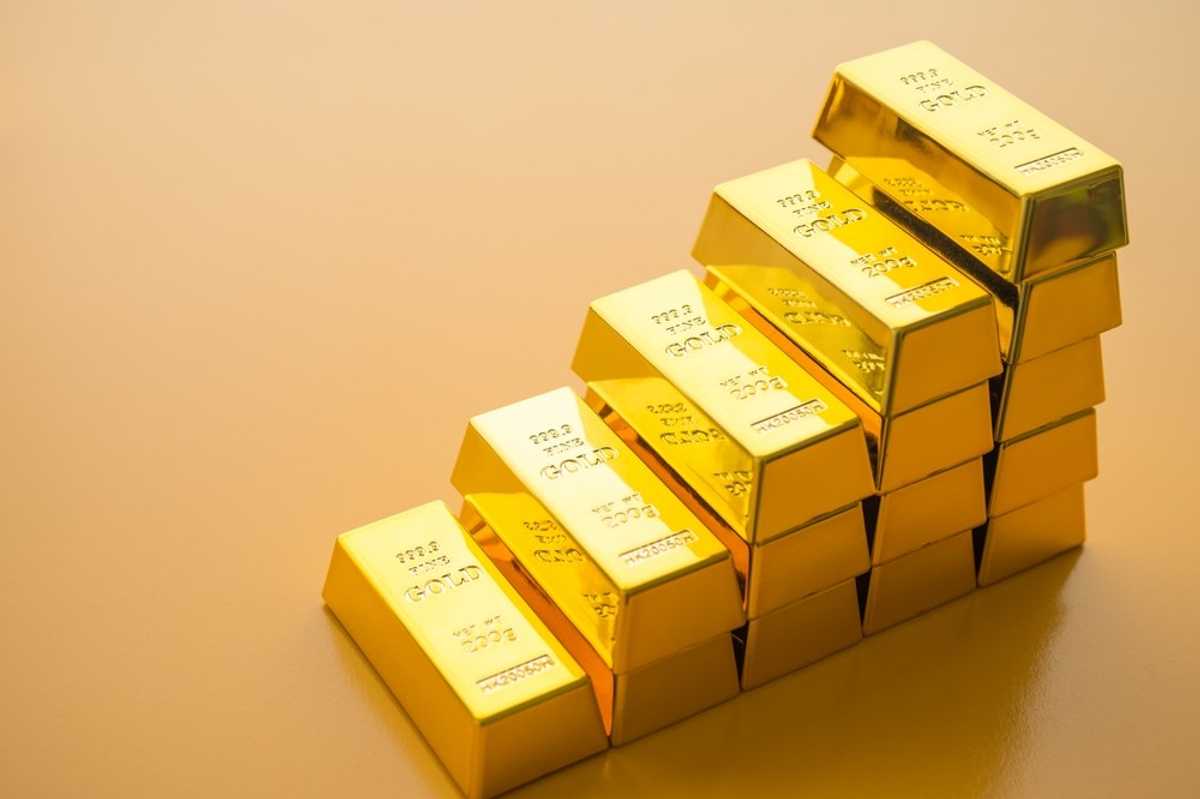China, Russia lead the world in gold hoarding since 2000
Both nations have added almost 4,000 tons of gold by 2024
Abdul Moiz

The prices of gold have risen steeply over the past few months as central banks hoard precious metal amid political uncertainty in the US
China and Russia lead the world in gold purchases with both nations collectively adding around 4,000 tons of precious metals to their national reserves since 2000, according to the World Gold Council.
Both nations had around 400 tons of gold reserves each in 2000. The size has now increased to over 2000 tons. China bought 1,844.5 tons of gold to increase its reserves from 395 tons in 2000 to 2,279.5 tons in 2024. Russia remained the world's biggest gold buyer with 1,948.3 tons of purchases, taking its reserves from 384.4 tons to 2,332.7 tons.
India was the third-biggest buyer of gold with 518.4 tons bought between 2000 and 2024. The country’s reserves increased from 357.7 to 876.1.
Turkey bought 501.3 tons of gold, increasing its reserves from 116.2 to 617.6 tons.
Decline in reserves
While these nations saw a significant increase in their gold reserves, the gold hoarded by some countries, including the US, has declined in the past two decades.
The gold reserves held by the US fell from 8,136.9 tons to 8,133.4 tons between 2000 and 2024.
Similarly, the reserves of Germany, France, and Switzerland also declined by 117, 587.6, and 1,379.4 tons, respectively.
The prices of gold have risen steeply over the past few months as central banks around the world rush to hoard the precious metal amid political uncertainty and concerns over the value of the US dollar.
Two years back, the yellow metal traded near USD 1,900 an ounce. Today, it has even smashed the $4,000 mark — almost double the price and ahead of gold, stocks, bonds, and most commodities in terms of value increase.
The surge in gold prices has been triggered by a number of reasons, but most prominently due to the fear that the Trump administration's unorthodox economic policies will shift the prevailing trend from de-dollarization to outright debasement of the US currency.







Comments
See what people are discussing